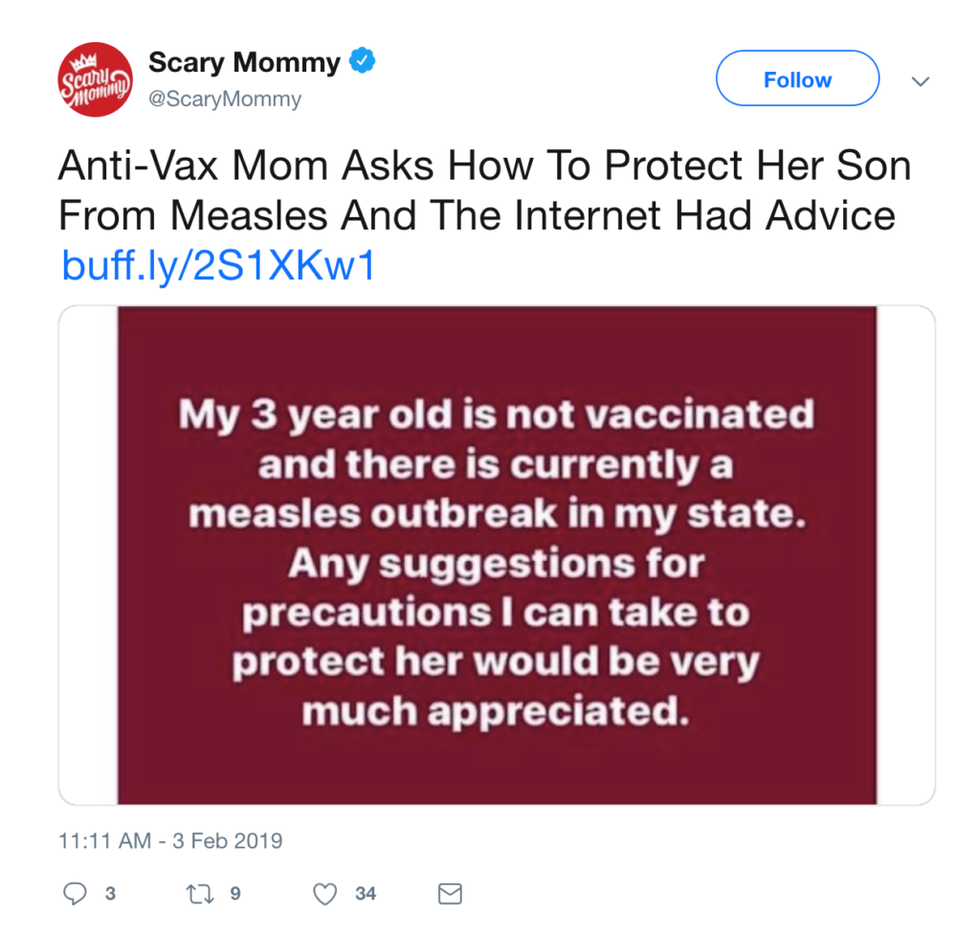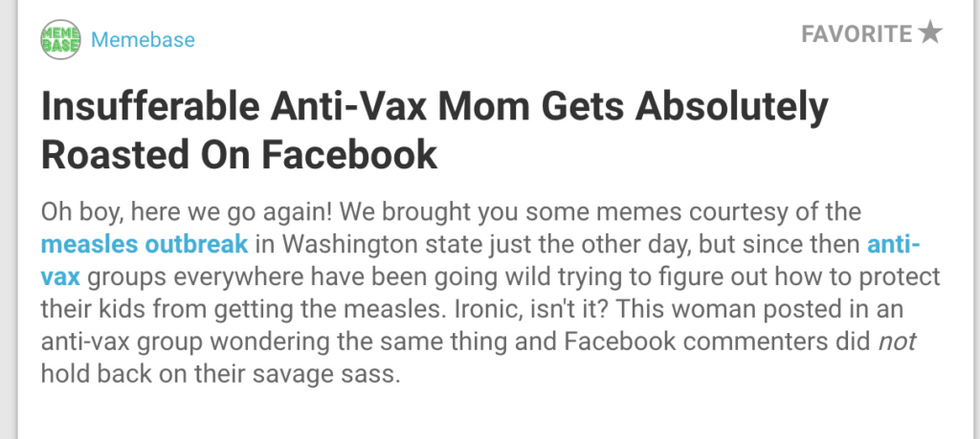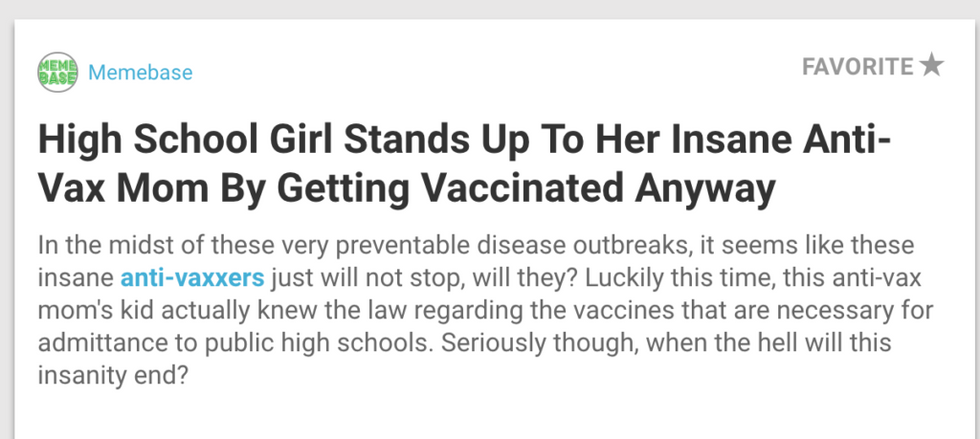Unlike “progressive,” one label you don’t see many local candidates openly plaster on campaign literature is “democratic socialist.” Dean Preston, a civil rights attorney and the longtime leader of statewide tenant’s rights organization Tenants Together, is unique among recent San Francisco city council candidates for his prominent use of the label in flyers and door-hangers. I live in Preston’s district, and was recently mailed a flyer that read, simply, “Rethink what’s Possible. Dean Preston, Democratic Socialist for Supervisor.”
“The fact that I am a member of DSA [Democratic Socialists of America] and was running as a democratic socialist, it's been very positive,” Preston told me. “I felt that the time that it was taking a fairly substantial political risk” in identifying as a democratic socialist, he said, but added that “it was something that I and my campaign team and supporters felt really strongly about and that we wanted to push the envelope on that.”
Preston joins the ranks of a growing number of civic, state and national politicians who openly identify as democratic socialists, a list that includes well-knowns like Kshama Sawant of Seattle’s city council, Rep. Alexandria Ocasio-Cortez (D-N.Y.), Sen. Bernie Sanders (I.-Vt.), and State Delegate Lee Carter (D.) of Viriginia’s House of Delegates. As Salon readers know, the Democrat party has veered further and further right since the Roosevelt Era, alienating working-class and union member voters in a manner that has had deleterious effects on both the rhetoric and the policies that the Democrats promote. Yet this nascent movement of democratic socialist politicians has had the side-effect of pushing the Democrat Party further left, normalizing policy proposals like Medicare for All, which many of the top 2020 Democartic presidential candidates have called for in some manner.
Despite San Francisco’s reputation as a liberal freak show — Bill O’Reilly coined the slur “San Francisco Values” in an attempt to paint the city as morally unhinged due to liberal policies — the Bay Area has yet to produce its own local democratic socialist star politician on par with Ocasio-Cortez or Sanders. Part of that may be because the Bay Area’s brand of liberalism is historically more concerned with social issues than wealth redistribution, which the existence of Silicon Valley billionaires and rampant poverty side-by-side attests to.
That makes Preston’s candidacy for District 5 Supervisor all the more interesting. In our interview, Preston expressed a deep understanding of the kinds of genuinely universal social programs that neoliberal Democrats seem incapable of fathoming: free public transit, a vast expansion of public housing, and public banking, for instance. And while other progressive politicians in the Bay Area have embraced versions of these concepts — including Supervisor Jane Kim, whom I profiled last year, and Rep. Barbara Lee (D.) of the East Bay — Preston is doing so while openly touting the democratic socialist label.
The supervisor election for his district, District 5, will be held this fall, meaning Preston is on the campaign trail now. Our interview has been condensed and edited for clarity.
Keith A. Spencer: You’ve lived in your district in San Francisco, near the Haight, for 23 years. What’s changed in that time?
Dean Preston: Just, huge displacement. I mean, half the people I've known over the years have been displaced from the city. So and you see that in terms of the demographics of the neighborhood. Who lives there, particularly in pockets areas that used to be predominantly African American neighborhoods.... you see the change in terms of a lot of newer white folks moving in.
Also, the businesses have really turned over. One of the things about being in a neighborhood for a while as you see that there's kind of a normal cycle, where some things turn over, and then there's [times] when there are sharp increases in turnover — like in Hayes Valley, Divisadero, the Fillmore. So many locally owned businesses have shuttered, places that you think are like part of the fabric of the community and seemed like they'd been there forever.
Right.
I would say overall there is [more] congestion and a population increase in the last decade without any corresponding investment in the infrastructure of the city. So the bus lines are so much more overloaded, traffic is so much worse, and that you notice on every corner in my district. There is a sense that policy and change is driven by real estate developers without a lot of attention paid to, say, getting more buses on the street… or dealing with traffic, making it more bike and pedestrian friendly.
What are the major tenets of your campaign? Like, do you see housing as a right?
Definitely. I mean, that's been my work for the last two decades, and is absolutely my belief that housing needs to be a human right. And that at a policy level as a supervisor I'm committed to doing everything I can to make that a reality in San Francisco.
To that end, I'm wondering what you think of a lot of arguments over housing that are happening right now, that are always premised on, “how do we get developers to build more affordable housing?” Which is different than 50 years ago in the United States when there was a lot of public housing being built by the government, right? So is it possible politically — I mean, is there a way to get back to that type of situation? Is that a realistic policy goal of getting there?
We definitely need to go in that direction. So there's no question, we cannot rely on private development to reverse and solve the housing crisis. I think there's finally a realization of that. In the presidential campaign, for example, you actually see candidates talking about housing, about people spending money on rent and you know, so there's actually, I think, been a growing recognition of what happens when the government is absent from the housing space.
And then the same thing at the state level in California, there's, I think an increased awareness of the need for government intervention. But we're at a place where, in the last decade, redevelopment was eliminated in California and basically the dollars going into affordable housing have been shrinking. So hopefully we're pivoting and going into an era of more robust funding.
But there's a lot of stuff that the city can do. I mean, you see the move for community land trusts, a big push right now. I mean, I'm a firm believer and have been saying for years that public lands should be developed for not just for affordable housing, right. But for 100% affordable housing, ideally social housing, that's controlled by the city and the community.
There's quite a bit of social housing that could be developed in San Francisco as well as expanding on community land trust models. But the thing that we're not really doing since I lived here is being more aggressive about [land] banking. Like basically not just looking at what the city currently owns, but looking at why is the city not going out and buying a vacant lot, buying a parking lot and acquiring land. And anytime you bring that up, people say, “oh, it's so expensive,” but you know, if we'd done that 20 years ago, we'd be building thousands and thousands of units of social housing right now. And you got to start somewhere. And so I think we need to be looking at our districts at the supervisor level and mapping out all the land that we can go after. Because the land prices aren't coming down.
So does this tie into public banking, or the need for public banks?
Absolutely. So I'm totally supporting creation of public banks, and excited by the momentum that we've got right now, expecting to see ballot measures probably in 2022 to establish a public bank. It'll take some time to get that up and running. But when you look at what the possibilities of how those funds could be used, affordable housing is definitely is already one of the things that has been identified as one of the top priorities for funding once a public banks up and running.
Speaking of housing, I’m curious what you think about the “YIMBY” movement [an acronym for Yes In My Back Yard] — the rah-rah, pro-developer crowd. It’s premised as the solution to all our housing crises, but some critics including myself have dismissed this astroturf movement as neoliberal sophistry. What do you think of YIMBYs?
I agree with what you said, I think in San Francisco, “YIMBY” is just another word for developer. There is absolutely no difference between what the so-called YIMBYs advocate for and what the market-rate developers advocate for. The only difference is that the media often likes a shiny new face, and the YIMBYs have provided a shiny new face. And as you pointed out, they are always talking about supply and demand.
The reality is you have an inelastic demand to buy up these units. In San Francisco and then some other hot real estate markets, you have the supply increasingly being bought up as investment [properties]. I mean, you just go south of market in San Francisco and look at any residential building — it'll be half-empty, because it's no different to the owner than shares of stock. It's just a place to park money. Right? So the idea that that's somehow alleviates the housing crisis…
They'd rather leave it half empty than make low-income housing or whatever, or any affordable housing.
Right. And just fundamentally, these markets are so out of whack right now. And San Francisco is so completely unaffordable, that the idea that just dumping market rate units here that are only affordable to millionaires — that that's going to solve the housing crisis — is really absurd. And I don't think it's very serious from a policy perspective.
I mean the policy experts who look at it I think understand that adding an affordable housing [unit] to San Francisco's housing market does not make housing more affordable. We had trickle down economics under Reagan, and it didn't work then. It doesn't work now.
And just more fundamentally, it's like San Francisco is a shining example of the complete and utter failure of the free market address housing needs. So the idea that the solution is to just further deregulate the private market let them build housing just for rich people and expect that to solve our problem — that's what the YIMBY mantra is about.
I wrote a piece in 2015 critiquing the YIMBY when they were just getting going, and felt then — and have continued to feel — that it's really just a new face on private market developers’ interests. The general public doesn't like real estate developers that much, but they may be more open to people who call themselves YIMBY.
I want to step back to the broader picture. Like, so if you were describing your campaign briefly, how would you describe what you're advocating for, where your campaign is about?
So above all my campaign is about rethinking what's possible in San Francisco. I'm not going to call for incremental change when we're addressing a crisis, particularly in affordability that is changing the face of the city. And making a really wonderful, diverse, amazing city that's also been a city of refuge for so many people from all over the country, all over the world into a city that's becoming increasingly exclusive. So I come to this race with a background in the last 20 years as more of an activist and leader on particularly on housing justice, but more broadly social justice issues. And running for office as part of — really, a wave of candidates both here, but more broadly I think across the country, that are putting up bold solutions around the things that are basic human needs and trying to transform some of the systems that have made our city so unlivable and unaffordable for some people.
You anticipated my next question, which I was going to ask you, who do you see as your political peers? I know Bernie Sanders’s group Our Revolution endorsed you.
Our Revolution endorsed me in 2016 when I ran But certainly, [Rep. Alexandria] Ocasio-Cortez, [Julia] Salazar as well, Pramila Jayapal in Seattle. And I would say more generally the democratic socialists who have been running for office, the folks who pulled off some really impressive wins in Chicago recently. I very much identify with, and I'm inspired by those folks, as well as the really robust local DSA chapter.
Locally, you're not only the only candidate who identifies as a democratic socialist, but also it’s very prominent in your campaign literature and flyering. That to me signals a shift … I don't think you would have seen or been able to do that ten years ago. Has the McCarthyist fear of the S-word diminished?
Yes… and, we didn't know when we started — I mean, I pulled papers almost a year ago, right in July of 2018 — and the fact that I was a member of DSA and was running as a democratic socialist, it's been very positive. More so than I would've expected.
I felt that the time that it was taking a fairly substantial political risk [in identifying as a democratic socialist], but it was something that I and my campaign team and supporters felt really strongly about and that we wanted to push the envelope on that. But I would say in our encounters across the district, talking to folks at bus stops, door knocking, we haven't seen a lot of pushback around folks.
And seeing over the last few years, seeing so many of these ideas that are really basically socialist ideas [have] become so much more mainstream. Medicare for All has taken some of the bite out of the socialist label. Of course [negative sentiment] around socialism, that's been so drilled into so many people for decades, and we find there's always going to be some that push back — many of them folks who wouldn't be voting for someone with my progressive policies and history anyway.
But we find for folks who are more progressive, that they really connect more… there's a set of values really associated with being democratic socialists that is easier to explain to someone when you're just upfront. Not trying to muddy labels, but just embracing them.
There’s a trend that I've noticed in San Francisco politics, that it seems like the word “progressive” has lost its meaning. There used to be this idea that the city council had its progressive wing and less-progressive wing. But then, even a lot of the people that weren't progressive would call themselves that. You know what I mean? And I know that your opponent, current District 5 Supervisor Vallie Brown, identifies with the label sometimes. Likewise, the mayor sees herself as progressive, but many would disagree.
I think there is a fundamental difference between people who are political leaders who are progressive and those who are not in San Francisco. But what has changed is that politicians who are not progressive have embraced the term and call themselves progressive. And that has made it harder to distinguish progressive from nonprogressive candidate. So for example, you covered Jane Kim when Jane Kim ran against [now State Senator.] Scott Wiener — and you looked at his mailers and the groups he claimed were with him. I lived in district 5, and I got mailers making it look like Scott Wiener was endorsed by The Guardian and the Tenant's Union. It was not right. But that's what happened.
And so you have the same thing with my opponent [Vallie Brown], who's backed by the San Francisco Apartment Association, backed by the biggest developers in the city, and somehow puts on her website that she's a progressive.
So I think what's happened is there's been a really cynical use [of the word] by more a neoliberal, corporate democratic-elected officials to embrace the term “progressive” because they know that's where voters are. And that's made it harder for the average voter to distinguish what does it mean to be progressive in San Francisco.
So I think often affiliations with more values-based organizations are helpful in distinguishing candidates. So in other words, in my race, for example, I'm endorsed by the San Francisco Tenants' Union, my opponent is endorsed by the San Francisco Apartment Association. There's a reason for that, and people understand that. The Apartment Association stands for a set of values — like, we can get rid of rent control, deregulate housing, maximize profits for landlords. Whereas, the San Francisco Tenants' Union supports affordable housing, social housing, defends rent control, strengthening rent control.
And I think it's the same with democratic socialism in that way. I think that people understand that there is a core set of values that guide folks who consider themselves democratic socialists. And then there's people have a better sense of where you stand on those issues when you're backed by DSA or part of it.
In San Francisco, our field director is a DSA member; our volunteer coordinators is a DSA member. And we've been in regular contact with DSA around policy proposals and ideas as well too.
I’m curious to hear your thoughts on public transit in the city. [Former Supervisor] Jane Kim told me she thought of public transit as a right, and it sounds like you agree?
I'm a big believer in public transportation. It's, for me, one of the top issues, like in our district and our city, but it also to me like reflects just this broader assault on the public and government having control over and operating the things that people need to live instead of privatizing it.
We're doing better in some realms than others. Like I hope we will municipalize PG&E for example. That would be be a huge step forward, right? And a lot of us have been pushing for [that] for decades in the city. But, that would be a really concrete example of the opposite phenomenon — of taking something that was private, recognizing that as a private entity, providing what is essentially a basic need that it has failed and needs to be taken over and municipally run. So, hopefully, we will take a step in the positive direction that way.
But I haven't seen that same approach with public transportation. Like, think that the transit system in San Francisco is kind of on the ropes. Muni drivers used to be much better compensated. Their wages haven't kept up. It really hard for them to attract the the staff they need, the infrastructure... there've been some improvements, but we need way more. And then just the service that people are experiencing, it's really been diminishing. And with the population increases, it's even worse.
Commuting to work here, we notice it’s been getting more expensive, too, as the service has gotten worse.
I'd like to do a pilot of free Muni service. We should absolutely be working toward free public transit. If we have to do a ballot measure to raise the funds or something — that's what we're working through right now, is what that plan would look like. But absolutely, like, dialing back the cost, piloting free transportation. The thing is once you do that, it'll be successful, and people will ride it, so you have to be ready for more maintenance and more service. I'm committed to getting to free Muni, and to make sure that the service is good. A lot of European cities do this better, right? Like, you don't fund public transportation through the fare box.
Right.
And if you, it's a problematic system. And so yes, especially in an era where we have got to be that much more conservationist due to climate change, we need more folks out of vehicles [and] onto public transit, right? We should be making it free or really cheap.

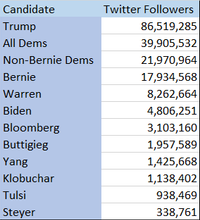
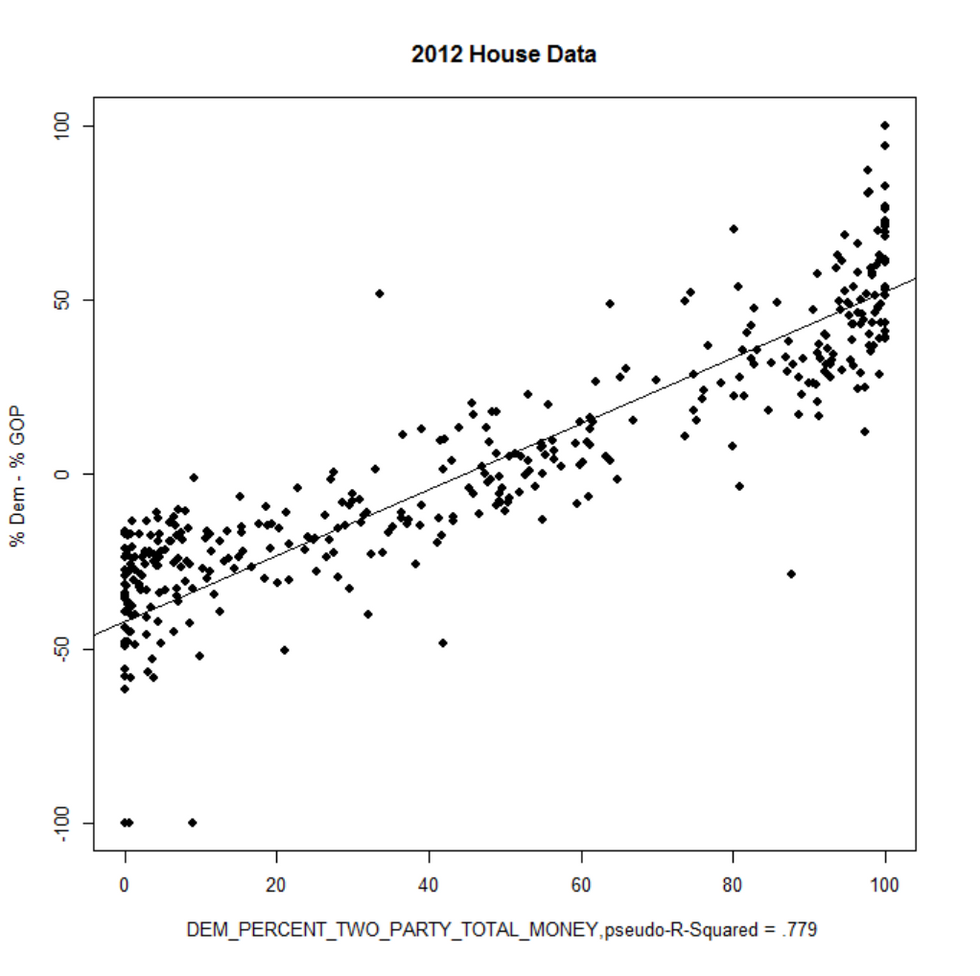 "The conclusion has to be that spending by major political parties is indeed strongly related to the proportion of votes they win and has been for as long as we have data," the authors write.
"The conclusion has to be that spending by major political parties is indeed strongly related to the proportion of votes they win and has been for as long as we have data," the authors write.
